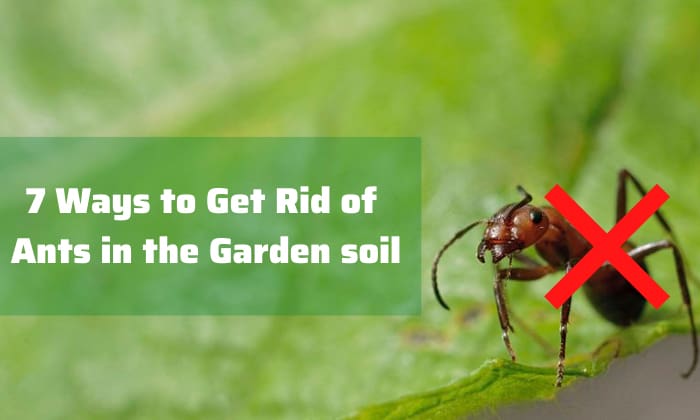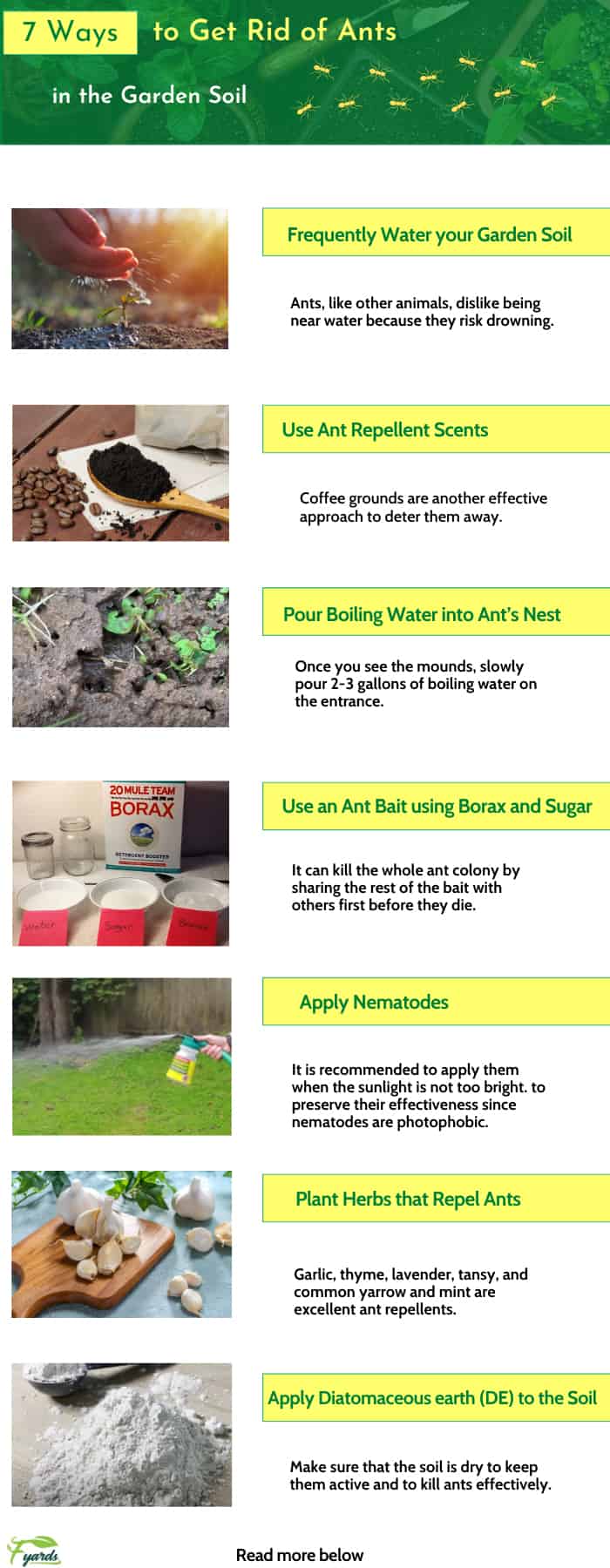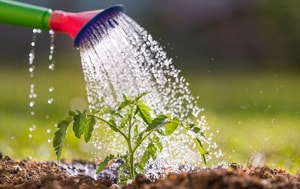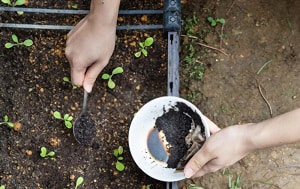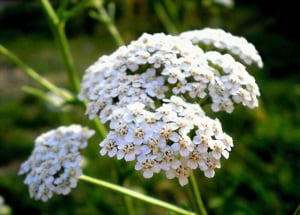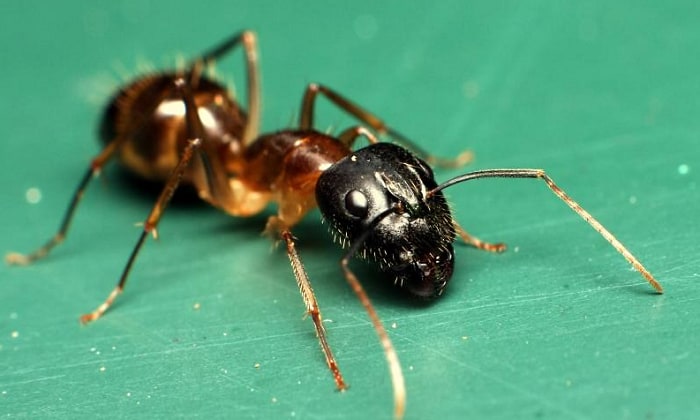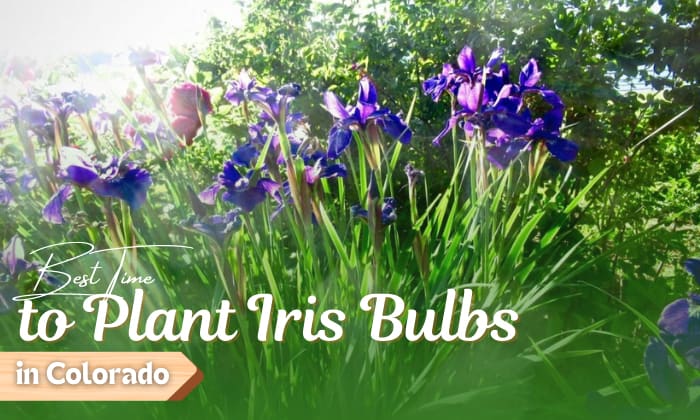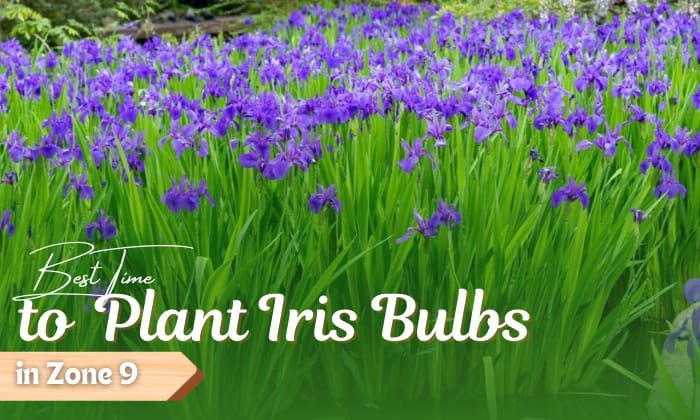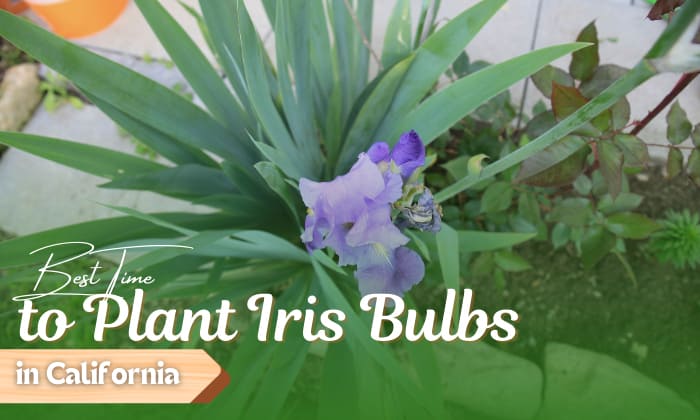What’s annoying about ants in your garden is that they not only bite you when provoked but also ruin your soil and plants. The reason why ants stay in your garden soil is because of their search for shelter. They prefer to build nests underground because it is less accessible.
This strategy is truly sensible and beneficial to them. Still, it is not favorable for us since ants can disrupt our roots underground, raise pest populations, and more.
So if you want to remove ants, read further to learn how to get rid of ants in the garden soil.
Table of Contents
Ways to Get Rid of Ants in the Garden soil
1. Frequently Water your Garden Soil
One approach to get rid of ants in garden bed soil is to water it frequently. Ants, like other animals, dislike being near water because they risk drowning.
You can do regular watering in your garden soil to get rid of them, or if you want to save time, install a sprinkler system timer instead.
Alternatively, a moisture-holding potting mix with ingredients like sphagnum peat moss, coconut coir fiber, and yucca extract can be used in your soil.
These ingredients help retain moisture in your soil after it has been watered. It is just as effective as watering your garden since ants don’t like to stay in moistened soil.
So if you want to limit the use of water in a day, you can just apply this potting mix instead.
2. Use Ant Repellent Scents
Another way to keep ants out of garden soil is to apply ant repellent scents.
Cayenne Powder and Black Pepper are good examples. Their scents irritate their sense of smell due to their pungent smell, so they will most likely leave your soil and plants once they smell them.
Coffee grounds are another effective approach to deter them away. Ants usually don’t like its scent; aside from that, it is beneficial since coffee grounds are excellent fertilizer and can help the soil hold water.
These repellents can be used in one of two ways:
- Sprinkle them throughout the soil.
- Mix these ingredients with water and spray around the garden or directly spray the ants in mulch beds.
Another good option to use is citrus. Its peel oil gives toxicity to ants and can kill them.
- Remove the peels from the citrus.
- Spread them out on the ground.
Will vinegar kill ants in the garden? Absolutely! Among the aforementioned substances that can be used, vinegar works best.
Ants don’t like its smell, and it can destroy the ants’ scent track, causing them to get disoriented in their search for food.
3. Pour Boiling Water into Ant’s Nest
Pouring boiling water in ants’ nests is another effective approach to naturally get rid of black and red ants in garden.
Red ants are a type of fire ant that, when bitten, stung and itches a lot. The bites of black ants are unnoticeable and more tolerable than red ants since they are not aggressive.
So if you specifically want to get rid of red ants, you might want to consider this method.
You can easily know where the ants’ nests are by finding mounds. It means that ants placed the soil they dug from the ground and piled it on the surface.
- Once you see the mounds, slowly pour 2-3 gallons of boiling water on the entrance.
4. Use an Ant Bait using Borax and Sugar
What to prepare:
- 1 ½ tbsp. of Borax
- ½ cup of sugar
- 1 ½ warm water
- Jar or any container
- Cotton balls
- Spoon
Using Borax is an effective ant killer. It is a slow poison that can kill ants. It means that it doesn’t kill them immediately, but it gives them a short period before they die.
It can kill the whole ant colony by sharing the rest of the bait with others first before they die.
- Fill the jar with sugar and Borax and shake them together.
- To dissolve the sugar and Borax, fill the jar with warm water. Using a spoon, mix the ingredients.
- In the container, soak the cotton balls. It will be used as sweet bait.
- Place the bait near the soil in the garden or the nests.
5. Apply Nematodes
Another method to exert ant control is to apply nematodes to the garden soil or directly to the ant’s nest.
This roundworm is an ant predator. Once nematodes are applied to the soil, they will release bacteria that will poison the ants, and they will eventually eat them once they die.
It is recommended to apply them when the sunlight is not too bright. to preserve their effectiveness since nematodes are photophobic, which means they are sensitive to light.
Here are some steps on how to apply them:
- Nematodes are packed in a sachet as a paste. Prepare the paste in a container.
- Pour the right amount of water into the container.
- Mix them.
- Pour the substance into the soil or directly into the ants’ nest.
It’s worth noting that before applying the nematodes, you should make sure that the soil has the proper quantity of moisture and warmth.
To set the correct temperature and moisture for the nematodes, try the third approach first, which is to pour boiling water into the soil or their nest before putting the worms.
6. Plant Herbs that Repel Ants
To deter ants in soil of potted plants, try planting herbs in pots with scents that ants don’t like.
- Garlic, thyme, and mint are excellent ant repellents because they have a pungent odor that ants dislike.
Apart from that, having these plants might help you because you can use them to make tea or add them to your food.
- Planting lavender, tansy, and common yarrow are other good choices. Ants dislike their smell, so it can keep them away.
Besides, these plants are a good alternative for adding interest to your yard. Their flowers bloom and make a refreshing impression on your yard.
7. Apply Diatomaceous earth (DE) to the Soil
Another alternative to kill ants is to apply Diatomaceous Earth to the soil. It is a powder that contains 80-90% of silica that can kill ants by drying them out.
It is important to remember that when applying this to the ground, make sure that the soil is dry to keep them active and to kill ants effectively.
What’s good about using this is that it does not just kill ants, but it is effective for killing other pests as well that can be found in your garden and houses like bugs and cockroaches.
- When using this, simply sprinkle a large amount of the powder in the soil or the ant’s nest.
- Wait 24 hours or longer for it to work.
Helpful Tip
Try using a flyscreen mesh to create a little barrier for your potted plants!
- The mesh should be shaped and trimmed to fit the form and size of your pot.
- Place it at the bottom of the pot to prevent ants from entering beneath.
- You can also add ant repellent scents on top of the potting soil to prevent ants from entering the top.
Why You Should Get Rid of Ants in the Garden
You should get rid of ants in your garden because they cause an increase in the pest population. Ants share a symbiotic relationship with Aphids.
These pests release honeydew everywhere they pass by, making the ants consume what they release.
Ants intend to protect them from aphid predators due to the benefits they can get from them. As a result, more aphids are growing in your garden.
Aside from that, whenever they make a nest underground, they place the soil they dig to the outer surface covering small growing plants. They also eat seedlings and disrupt the plant’s roots and soil.
Conclusion
It’s undeniable that ant control is essential in your garden. It doesn’t only protect you from being bitten, but it also helps your soil and plants grow well.
Whether the ants need to be drenched in water or treated with natural repellents to be exterminated. The key thing is that you now have a set of options on how to get rid of ants in the garden soil.
So, if you found this article useful, please share it with your friends. Thank you!
Additionally, I want to recommend to you a few methods for keeping insects and animals out of your garden. Check out the following articles:
- How to get rid of garter snakes in your garden
- 5 easy ways to get rid of stink bugs in the garden
- 4 steps to get rid of ground moles with dawn soap

Hi, I am William – Floridayards’ digital content creator. My job is to find answers to all your concerns with thorough research and our team’s expert advice. I will also bring you honest reviews on the best products and equipment for raising your beautiful garden. Please look forward to our work!


